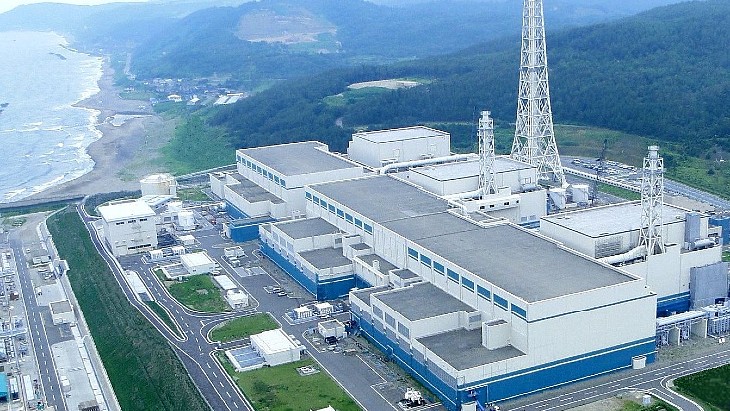Mohamed ElBaradei made calls for major investment in the International Atomic Energy Agency (IAEA) during his last address to the UN General Assembly.
.jpg) |
| Mohamed ElBaradei at the UN this week (Image: UN Photo/Paulo Filgueiras) |
Its "dual mandate of security and development is unique," he said, expressing disappointment that "we are still fighting the same battles to secure funding as we were back in the 1990s; that the development side of our mandate remains chronically underfunded; and that we still lack adequate legal authority to do our job effectively in verification, safety and security.
In terms of non-proliferation, the IAEA's role has switched from straightforward checking of material inventories at declared sites to verifying the total absence of any undeclared activities. This is impossible, ElBaradei said, without the proper legal status - which it lacks in over 90 states - and independent access to top-quality satellite imagery. "Our credibility depends on our independence," he said, noting later that the IAEA "must draw conclusions justified by the facts only." This comes in the context of a world where "nuclear power seems set for a significant expansion... with scores of countries expressing interest."
Alongside an IAEA beefed-up with funding and authority, reform is required across the UN and in particular at the Security Council. This should lead to a "new global system of collective security" not based on the "insurance policy" of nuclear weapons and driven by mistrust. He called on all states to make a success of the Nuclear non-Proliferation Treaty review conference next year in the light of moves by presidents Barack Obama and Dmitry Medvedev and the Security Council resolution in September to create the conditions for a world without nuclear weapons.
The IAEA's mandate to spread the benefits of nuclear energy while strictly limiting it to peaceful uses results in technical cooperation to develop new strains of crops and study fresh water sources. This portion of its role exists on only $96 million per year. A program for cancer therapy is working to expand facilities in places such as some in Africa where entire countries have no radiotherapy services at all.
Another role to prevent illicit trafficking of nuclear materials is also underfunded. ElBaradei complained "it is disconcerting that nuclear security continues to be funded almost entirely from voluntary contributions, which come with many conditions attached and are both insufficient and unreliable."
These issues were discussed in August, when the IAEA's budget for the next two years was set. But instead of a dramatic increase - as advocated by Obama - a meagre 2.7% increase was agreed. Countries were split on whether the IAEA should be boosted immediately, or whether it should refocus and streamline its work first. The agency will have €318 million ($471 million) for 2010 with €354.3 million ($525 million) pencilled in for 2011 while a special committee is set up to determine a final 2011 figure and also consider the period 2012-2013.
It is clear that ElBaradei hopes his successor Yukiya Amano will be able to effect funding changes after he takes over at the end of this month. The General Assembly passed a resolution thanking ElBaradei for his "distinguished service" as IAEA director general and the "indispensable role of the agency." ElBaradei concluded with thanks for the General Assembly and congratulations for Amano.





_91467.jpg)
_47120.jpg)
_16439.jpg)





